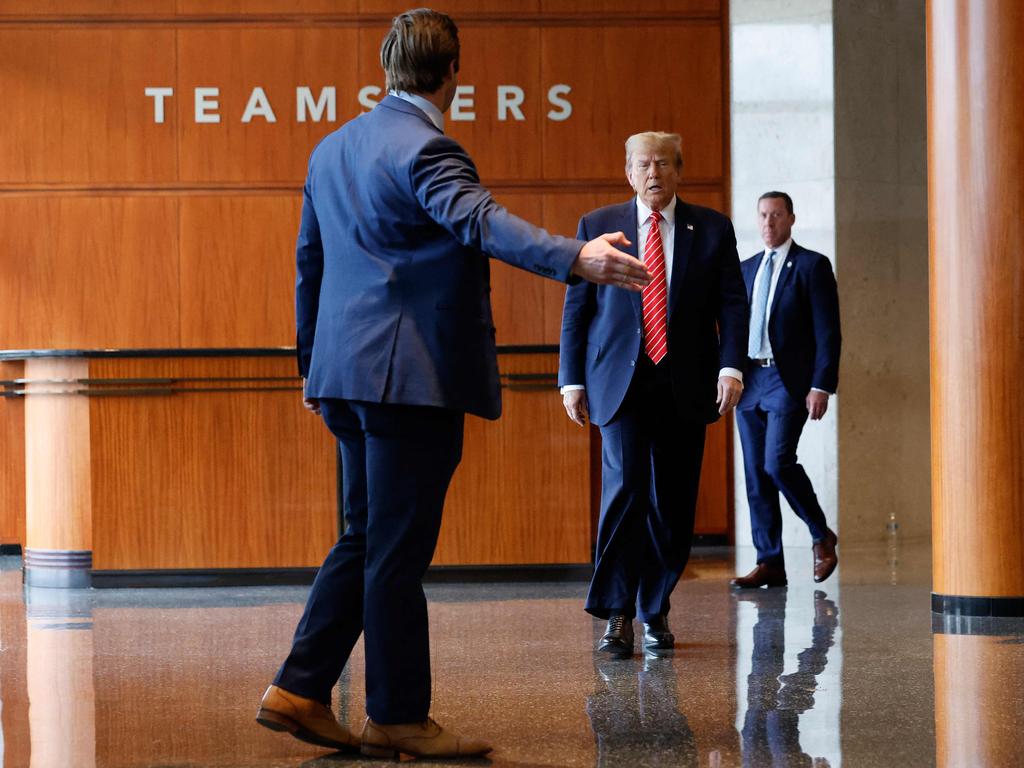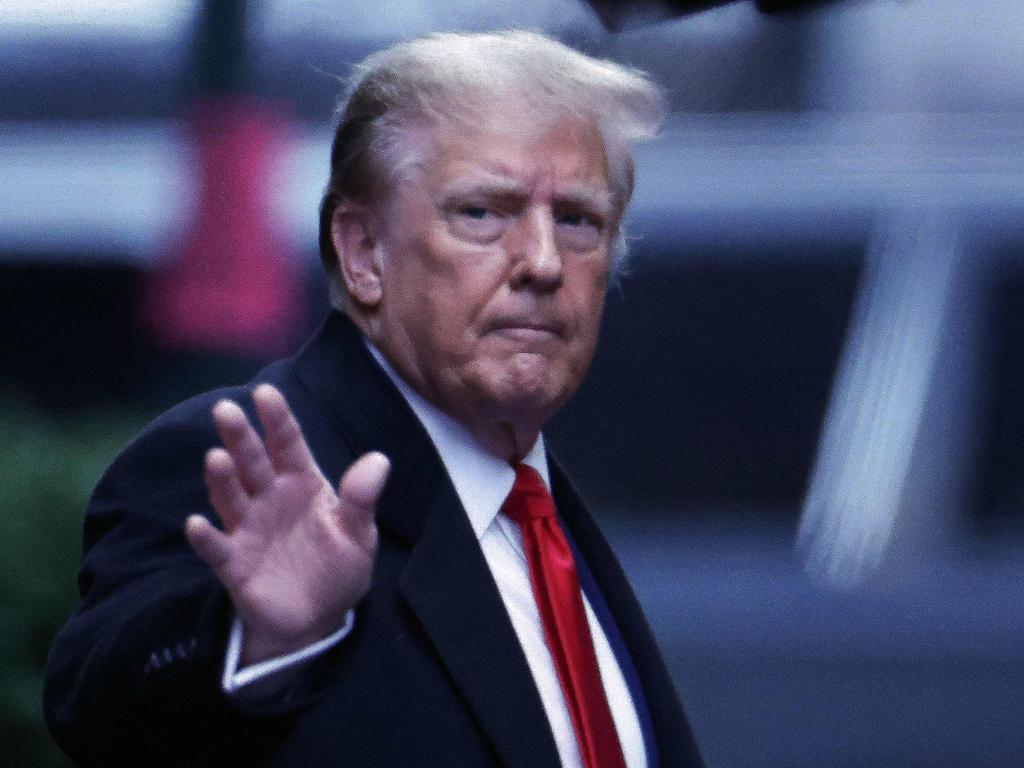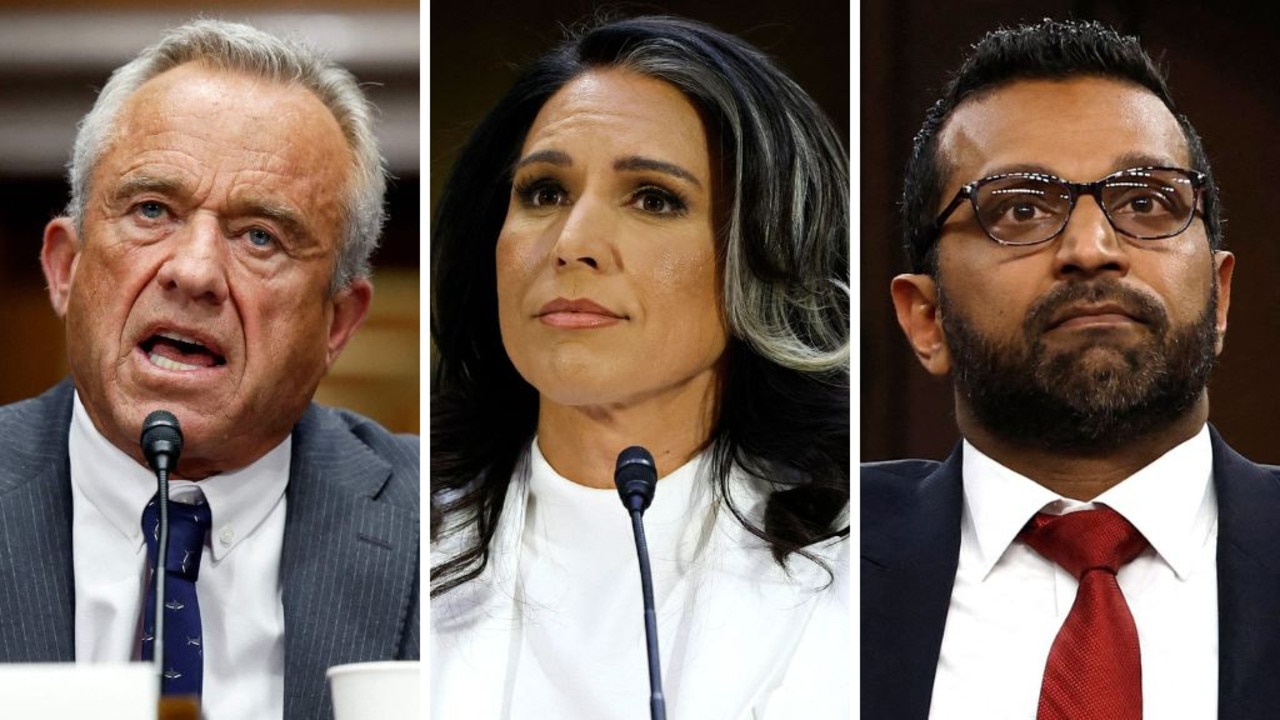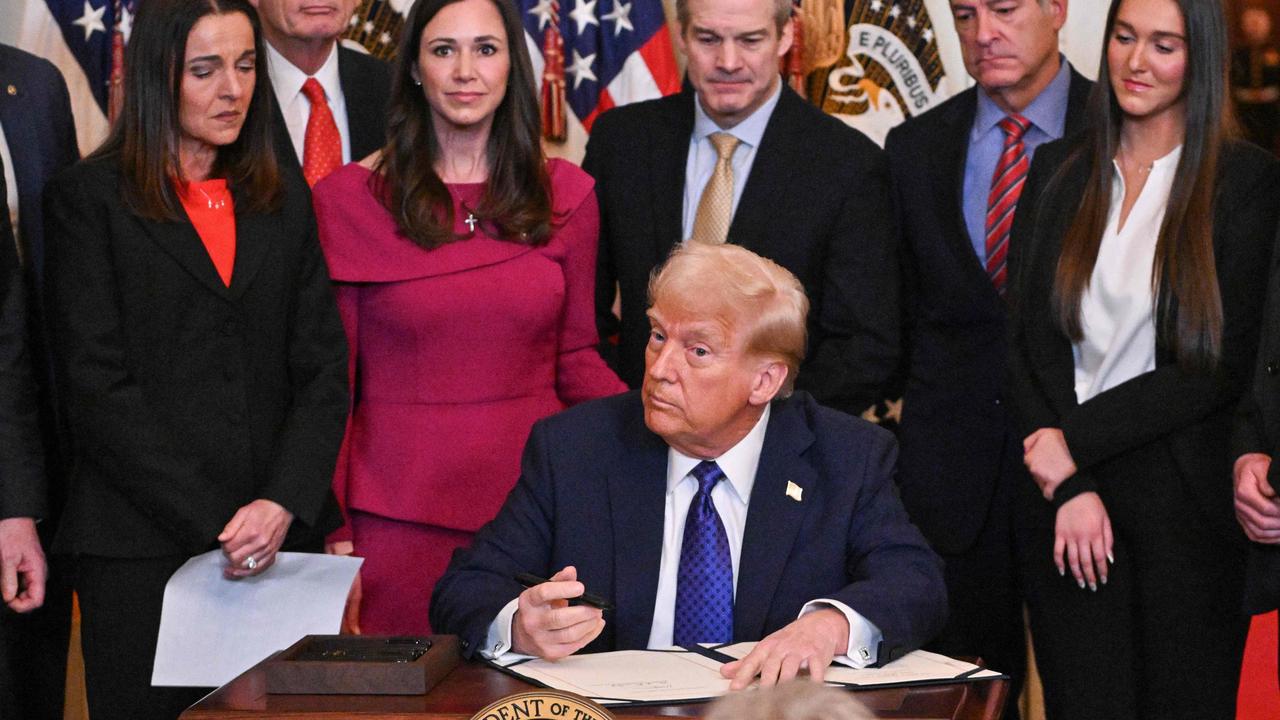Trump legal bills eat up one quarter of his 2023 fundraising
Donors backing the presumptive Republican presidential nominee raised $188 million last year, a figure heavily offset by legals fees as he battles several criminal and civil cases.
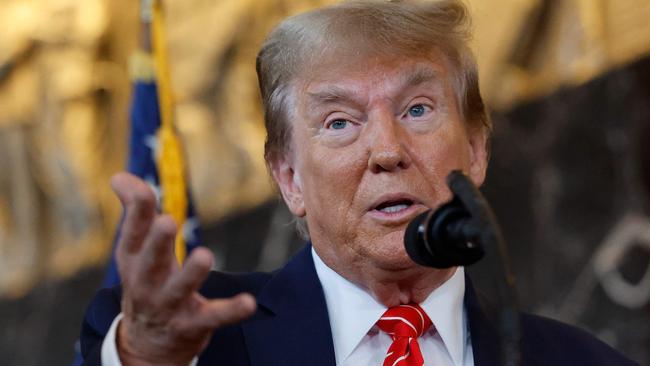
Donors backing Donald Trump raised a combined $286 million last year to return him to the White House, a figure heavily offset by legal bills that are depleting his coffers.
The fundraising across Trump’s campaign and outside political groups left $99 million in cash ahead of GOP contests in early primary states. But some of those same super PACs last year spent nearly $73 million on Trump’s legal expenses, which were paid out at a relatively consistent clip as the former president faces several criminal and civil cases.
The latest figures, made public Wednesday by the Federal Election Commission, offer the clearest financial picture of the presidential candidates as they entered 2024. The data show millions of dollars spent on advertising, staff salaries and other expenses as Republicans in particular tried to convince voters they were a better alternative to Trump.
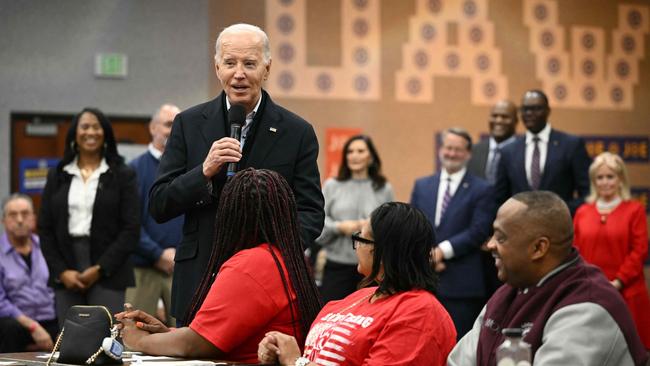
Now that nearly all of Trump’s GOP challengers have left the race, his campaign and supportive super PACs are likely to tap those donors. But it is unclear how many will switch to the president. At least 20% of Republican-leaning voters in the New Hampshire primary said they wouldn’t support Trump even if he were the party’s nominee, according to data provided by AP VoteCast.
President Biden’s campaign, meanwhile, said earlier in January that it and the Democratic National Committee ended the year with $178 million cash on hand. Biden’s re-election campaign and the DNC combined to raise more than $147 million in the final three months of 2023, according to his campaign. The Republican National Committee is hindered from pulling in more money for Trump until he’s the nominee, according to a person familiar with the process, though weaker fundraising has come under scrutiny by some party insiders.
Trump’s campaign didn’t respond to a request seeking comment late Wednesday. The fundraising of so-called super political-action committees, which can raise unlimited sums and buoy campaigns with independent expenditures on ads, are among the biggest advantages the GOP has in reclaiming the White House. They included a super PAC that backed Florida Gov. Ron DeSantis, which spent more than $81 million last year before DeSantis dropped out.
Other candidates ended December with little cash on hand.
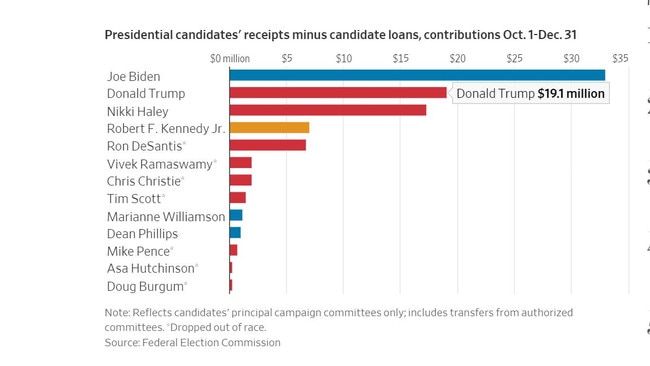
A key super PAC supportive of former South Carolina Gov. Nikki Haley, called the SFA Fund, raised $76 million in the second half of the year. But the group ended 2023 with just $5 million in cash as Haley remains the sole GOP challenger against Trump. Haley’s own campaign committee had $22 million in cash at year’s end.
DeSantis’s presidential campaign had $14.7 million in the bank as of Dec. 31, having spent $14 million during the quarter but raising only $5 million in individual contributions. DeSantis dropped out of the race ahead of the New Hampshire primary and endorsed the former president.
Independent candidate Robert F. Kennedy Jr. raised $10.6 million in the fourth quarter, ending the year with $8 million in cash. Former New Jersey Gov. Chris Christie, who left the Republican race just before the Iowa caucuses in January, had about $3.5 million left in his campaign war chest.
Rep. Dean Phillips, the Minnesota congressman challenging Biden in the Democratic primary, lent his campaign $6 million in the fourth quarter but raised just $1.5 million in contributions, his filing showed. His campaign spent most of its receipts, ending the year with just $550,000 in cash.
Write to Jack Gillum at jack.gillum@wsj.com and Anthony DeBarros at anthony.debarros@wsj.com
The Wall Street Journal

